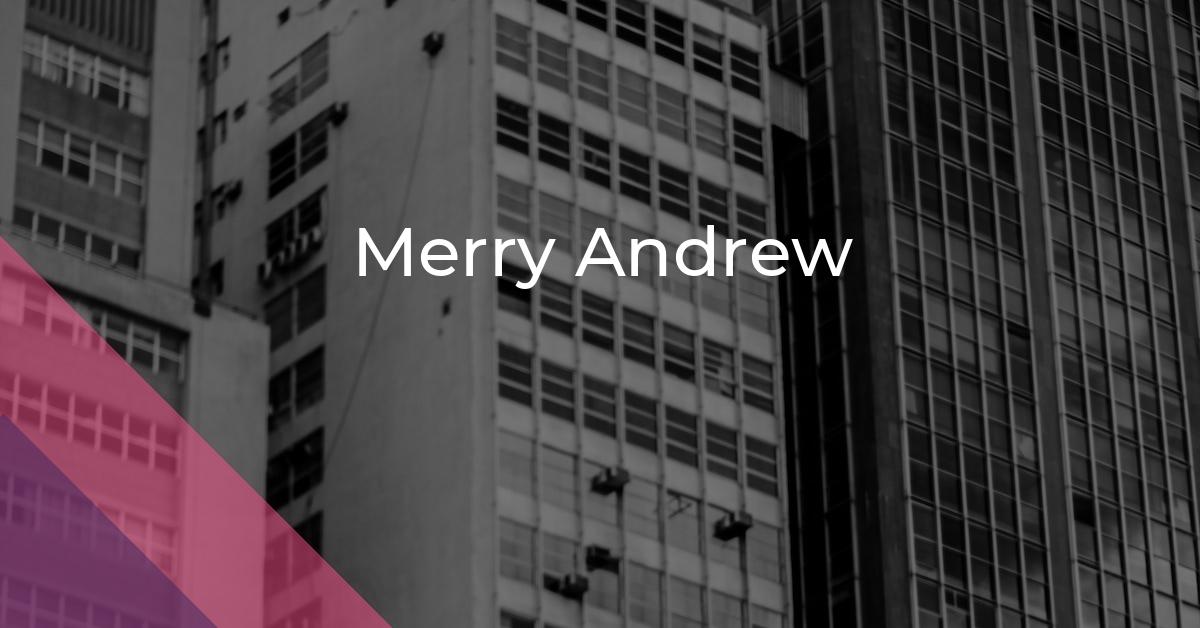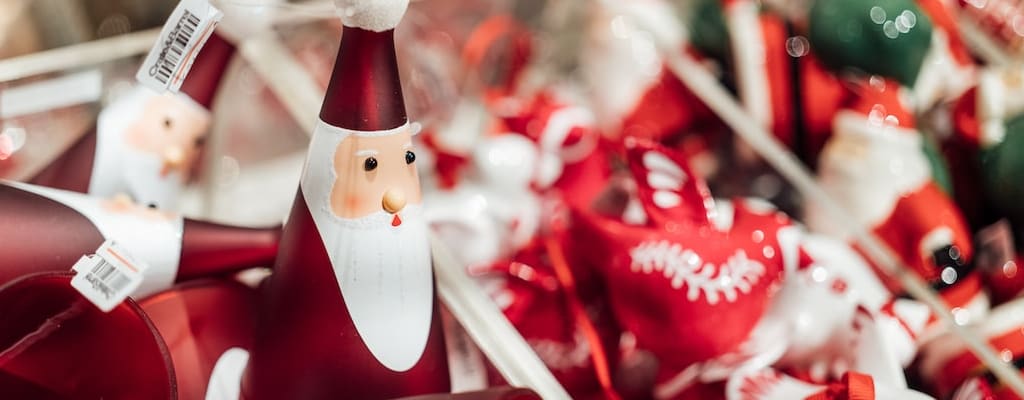Merry Andrew: Idiom Meaning and Origin
What does ‘Merry Andrew’ mean?
A Merry Andrew is a person who often acts silly or clownish, providing entertainment to others with their playful and comical behavior.

Idiom Explorer
The idiom "play the fool" means to act silly or foolish, often for amusement or as a way to hide one's true thoughts or intentions.
The idiom "play silly buggers" means to behave foolishly or engage in pointless or mischievous actions. It is often used to describe someone who is being deliberately difficult or acting in a way that is not serious or productive.
The idiom "play Old Harry" means to behave in a mischievous or disruptive manner. It suggests causing trouble or chaos for others, often with a sense of defiance or rebellion.
The phrase "play around" means to engage in activities without taking them seriously or to explore different options without making a commitment.
The idiom "party animal" refers to someone who enjoys attending and participating enthusiastically in parties or social events. This person is known for their lively and energetic behavior and is often the life of the party.
The idiom "monkey business" refers to mischievous or dishonest behavior, often involving pranks or tricks. It is used to describe actions that are not serious or professional.
The idiom "monkey around" means to play or fool around in a careless or mischievous manner, often wasting time or causing trouble.
The idiom "merry men" refers to a group of jovial and lighthearted individuals. It can also be used to describe a band of close companions who share a sense of camaraderie and enjoy each other's company.
"Merry dance" is an idiom that means a series of complicated or confusing actions or events that can lead to frustration or amusement.
Unveiling Jester's Language
The idiom "Merry Andrew" refers to a person who performs silly or foolish antics to entertain others. The origin of the idiom can be traced back to the 18th century when it was associated with Andrew Clark, a famous English circus clown known for his comedic performances. Some sources argue that the idiom may have derived from the Middle English term "merry andrew" or "merry-andrew," which referred to a buffoon or jester.
Merry Andrew is related to the idioms "merry men", "merry dance", and "class clown".
The term "Merry Andrew" is commonly used to describe a person who engages in foolish or nonsensical behavior. It has a negative connotation, suggesting that the person being referred to lacks seriousness or is simply being ridiculous. The idiom is primarily used in informal contexts, such as casual conversations or humorous descriptions. Its usage may vary regionally within the United States, but its general meaning remains consistent.
When examining the meaning of "Merry Andrew," it is important to consider its etymology. The word "merry" originally meant "pleasing" or "joyful," but over time, it evolved to encompass the idea of lightheartedness and laughter. The name "Andrew" originates from the Greek name "Andreas," meaning "manly" or "strong." These two distinct elements come together to form an idiom that represents someone engaging in foolish or comical behavior.
It is worth noting that the idiom "Merry Andrew" may be less commonly used today compared to the past. As language evolves and new idiomatic expressions arise, older phrases can sometimes fade into obscurity. However, idioms often find a way to persist through time and continue to be understood by speakers of the language. The idiom "Merry Andrew" may not be as frequently utilized today, but its historical usage and significance should not be overlooked.
Exploring the idiom "Merry Andrew" provides us with a fascinating insight into the intricacies of language and the evolution of idiomatic expressions. It reminds us that the meanings of words and phrases are not fixed, but rather develop and change over time. The idiom leaves room for interpretations and personal associations, encouraging us to embrace the richness and diversity of language.
The idiom "Merry Andrew" is related to the idiom "merry men". "Merry men" refers to a group of jovial or cheerful individuals who bring joy and amusement to others. While "Merry Andrew" specifically refers to a single person, "merry men" expands the concept to include a collective of individuals who share the same lighthearted and entertaining qualities. Both idioms embody the spirit of merriment and the desire to bring laughter and enjoyment to those around them.
In addition to "merry men," the idiom "Merry Andrew" is also related to the phrase "merry dance". "Merry dance" typically refers to a situation in which someone is being manipulated or toyed with in a deceitful or mischievous manner. It can be seen as a playful yet potentially harmful act. While "Merry Andrew" focuses on the person engaging in foolish behavior, "merry dance" emphasizes the act of leading someone astray or playing a trick on them. Both idioms highlight the element of deception or playfulness in their respective contexts.
Lastly, Merry Andrew can also be associated with the idiom "class clown". A class clown is a student who often behaves in a humorous or disruptive way to gain attention and make their classmates laugh. Similar to the concept of a "Merry Andrew," a class clown seeks to entertain others through their antics. Although the idioms differ in their context - "class clown" specifically refers to a student within an educational setting - both convey the idea of someone who uses humor and silliness as a means of engaging others.
The idiom "Merry Andrew" serves as a testament to the ever-expanding nature of language, leaving us with a sense of wonder and curiosity to explore more idiomatic expressions that color our everyday conversations.
Example usage
Examples of how the idiom "Merry Andrew" can be used in a sentence:
- He always plays the role of a Merry Andrew at family gatherings, trying to make everyone laugh with his jokes and clowning around.
- The comedian's performance was filled with silly antics, turning him into a Merry Andrew who had the audience in stitches.
- She decided to hire a professional entertainer dressed as a Merry Andrew to entertain the children at her son's birthday party.
The idiom "Merry Andrew" is used to describe someone who acts in a clownish or buffoonish manner, often to entertain others with humor and physicality. It can be used to talk about someone who plays the role of a clown or jester at events, someone who engages in silly antics to make others laugh, or as a description for a hired entertainer dressed as a clown.
More "Entertainment" idioms



